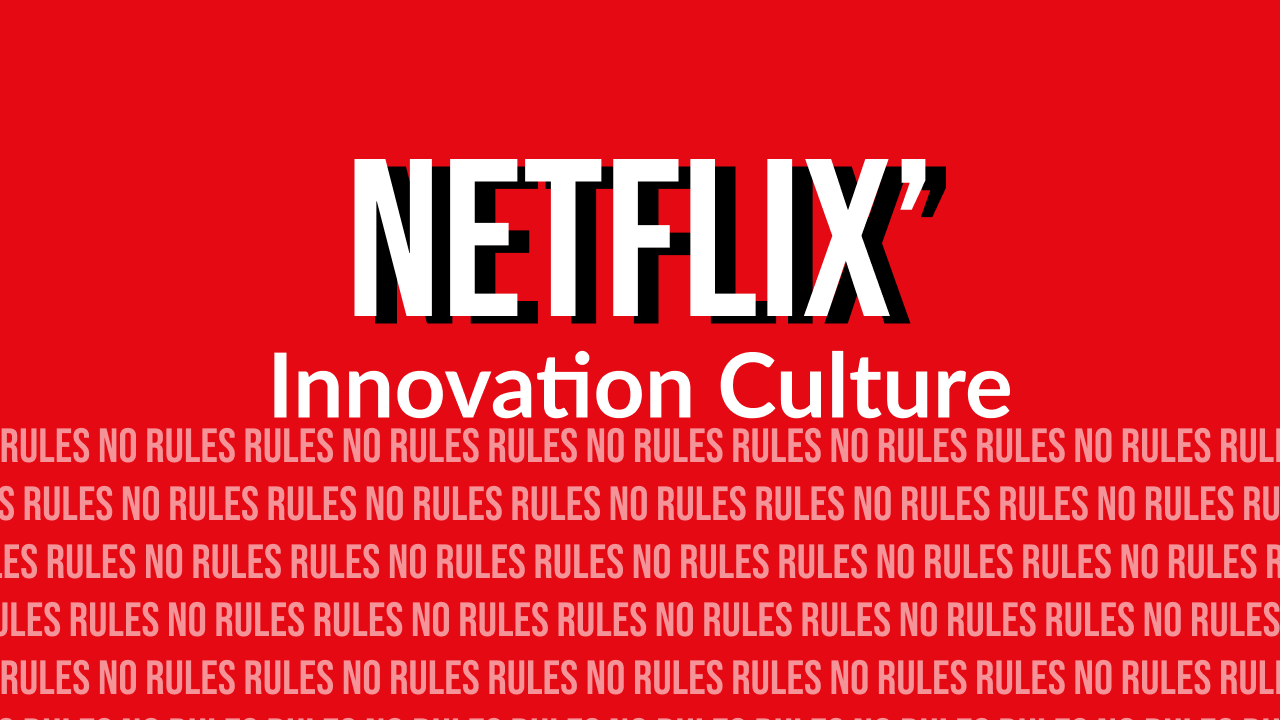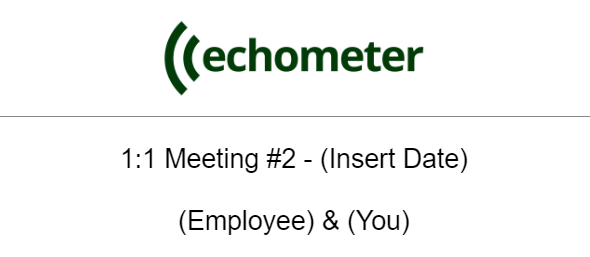At its core, the "Day 1 culture" embodies a mindset of constant innovation, agility and customer centricity. It goes back to the founder and CEO of Amazon, Jeff Bezos, who famously emphasized the importance of treating every day at Amazon as if it were the first day of a startup.
This means maintaining a sense of urgency, curiosity and willingness to take risks, even as the company grows and develops. Or as Amazon itself puts it:
Day 1 is both a culture and an operating model that puts the customer at the center of everything Amazon does.
Daniel Slater, Worldwide Lead, Culture of Innovation @ AWS
Amazon Executive Insights
How can you promote this "Day 1 culture" in your own team in order to work faster, more customer-oriented and more innovatively?
Health Check: Principles of Amazon's "Day 1 Culture"
Every company has a different risk mentality and the characteristics of the "Day 1 culture" should match the company's risk profile. Nevertheless, as you will see, Amazon's principles behind the "Day 1 culture" are relatively universally applicable to all companies:
- Customer obsession: Everything must be geared towards serving the customer.
The raison d'être of every company is to create added value for customers. However, this clarity is lost in many companies and the focus is instead on satisfying the bosses or maximizing profits for investors. This contradicts the management principle of the "Day 1 culture". - Experiment: Allow experimentation through quick decisions.
Most decisions in companies are relatively easy to reverse. Such reversible decisions should not be delayed. Instead, you should make them quickly, start them as an experiment, and then correct course based on real data if necessary. You should make such decisions even if you only have 70% of data. If you always wait for 90% of data, you are too slow.To ensure that decisions are consistently made quickly, it is advisable to use Amazon's two-pizza-team rule.
- Long-term orientation: Make decisions that are worthwhile in the long term.
Especially as a start-up, there are many decisions that may not contribute to the company's success in the short term, but can make a big difference in the long term. In the "Day 1 culture", it is therefore always important to carefully weigh up the short-term and long-term consequences.
Create a "Day 1 culture" in Your Team With This Retrospective
Maintaining a "Day 1 culture" is difficult. It can only succeed if the principles are regularly reflected upon both at management level and in the teams. This retro format can help with this:
Health Check Items
Answering on a scale
We scrutinize the intended customer benefit for every task.
👍 👎
We make quick decisions and then validate them with empirical data.
👍 👎
We make decisions that will help us in the long term, even if they may not bring immediate results in the short term.
👍 👎
Open questions
Assuming we were starting from scratch again and had no product, what product would we develop now to generate the greatest possible customer benefit?
💬
Which decision do you wish had been made more quickly?
💬
Which of the decisions we have already made are beneficial in the short term, but detrimental to us in the long term and vice versa?
💬

Conclusion: Amazon's "Day 1 Culture" in Your Team
Amazon's "Day 1 culture" is a very powerful concept that can increase the speed, customer focus and innovative strength of teams. It is not for nothing that this principle is so highly valued in Amazon's work culture.
However, you must expect that this mindset in your team will only develop over time. That's why I highly recommend that you carry out the "Day 1 culture" retrospective with both your team and the managers in your company.
It is also important to note that the Day 1 culture at Amazon only works so well because it is practiced in combination with Amazon's customer obsession and Amazon's two-pizza team rule.









